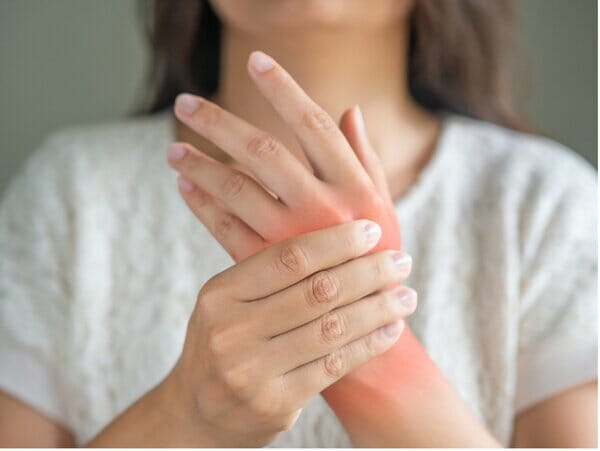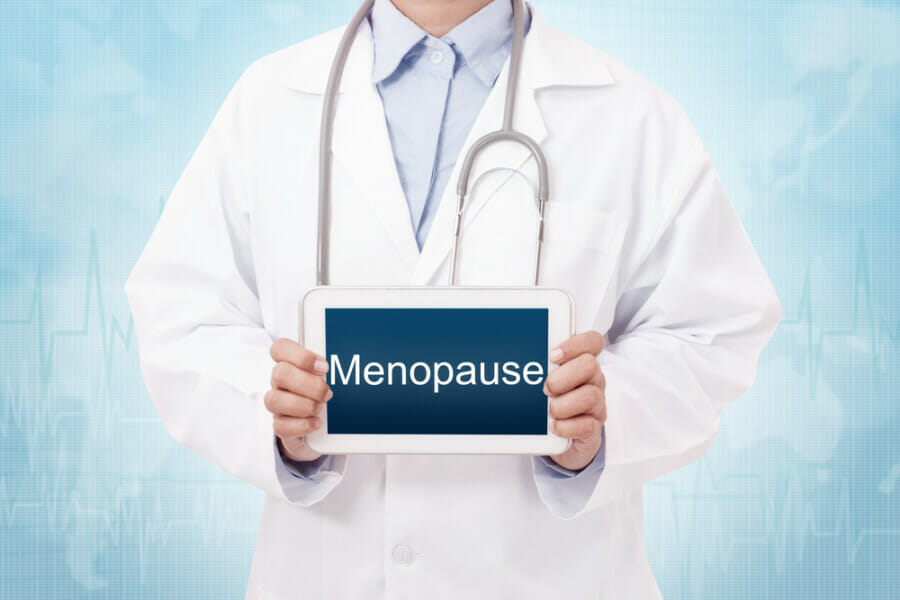17 Uncommon Menopause Signs Every Woman Should Be Aware Of
Many women know about the common symptoms of menopause, such as hot flashes, but menopause is a unique journey for each woman, and the experience varies. Along with the typical symptoms, there is also a range of uncommon signs that could indicate menopause but are not widely recognized!
It is essential to consult with your doctor if you suspect you are going through menopause to have your symptoms evaluated and rule out any potential underlying issues. Several symptoms listed below may also indicate conditions like hyperthyroidism. Even if menopause is the cause, it is still beneficial to seek medical advice to manage your symptoms effectively and enhance your quality of life. There is a wealth of knowledge available about menopause and various relief options and therapies to consider.
Here are 17 less common menopause signs that every woman should know about:
1. Cold Flashes
While hot flashes are more prevalent, experiencing cold flashes during menopause is not uncommon. Fluctuating hormone levels can disrupt your body’s temperature regulation, leading to sudden chills instead of hot flashes. Cold flashes may even follow hot flashes as your body works to stabilize your temperature.
2. Insomnia
Sleep disturbances may not solely be due to stress. Menopausal women often struggle with falling and staying asleep due to factors like hot flashes and heightened neurological activity. This lack of sleep can result in fatigue, compounded by the body adjusting to lower estrogen levels.
3. Body Odor
Changes in body odor during menopause can occur due to increased sweating from hot flashes and alterations in vaginal discharge. While these changes are normal, you can discuss potential solutions with your doctor if the odor is bothersome.
4. Bloating And Indigestion
Stomach issues like bloating, indigestion, acid reflux, and abdominal discomfort can escalate during menopause, triggered by fluctuating hormone levels well before the cessation of menstruation.
5. Dry Eyes
During menopause, the eye glands produce less moisture and oil, leading to dry eyes. Using eye drops regularly and using a humidifier indoors, particularly in dry climates, can alleviate these symptoms.
6. Skin Changes
Menopausal women may experience dry, itchy skin due to reduced oil production and diminished collagen levels. Hormonal imbalances can also trigger acne outbreaks, even in individuals who have not experienced acne before.

7. Hair Changes
Hair thinning or loss can occur during menopause due to increased androgen levels as estrogen declines. Adjusting your hair care routine and minimizing damaging chemical or heat treatments can help improve the appearance of your hair.
8. Allergies
Decreased hormone levels can lead to elevated histamine production, exacerbating existing allergies or triggering new ones.
9. Burning Mouth
Some menopausal women experience a burning or tingling sensation in the mouth without a clear cause, often accompanied by a bitter or metallic taste.
10. Neurological Symptoms
Fluctuating hormone levels in menopause can result in diverse neurological symptoms like dizziness, tinnitus, skin tingling, and sensation of “electric shocks” preceding hot flashes.
11. Breast Pain
Breast changes, such as swelling, tenderness, or a loss of fullness, can occur during menopause.
12. Vaginal Dryness
Diminished hormone levels cause vaginal tissues to become thinner, drier, and less flexible, leading to discomfort during sex and other symptoms.
13. Urinary Problems
Weaker vaginal tissue can result in issues like bladder leakage and difficulty urinating.
14. Achy Muscles And Joints
Decreased estrogen levels can exacerbate inflammation, leading to muscle and joint pain, especially in conditions like arthritis.

15. Headaches
Headaches can be a common issue during perimenopause and menopause.
16. Brain Fog
Some women may experience difficulty concentrating and memory issues during menopause.
17. Rage
Unexplained irritability and anger can be experienced by some women during menopause.
For menopause symptom relief, consult your doctor to explore available treatments, ranging from short-term options like bladder leakage pads to long-term solutions like hormone replacement therapy for hot flashes.













